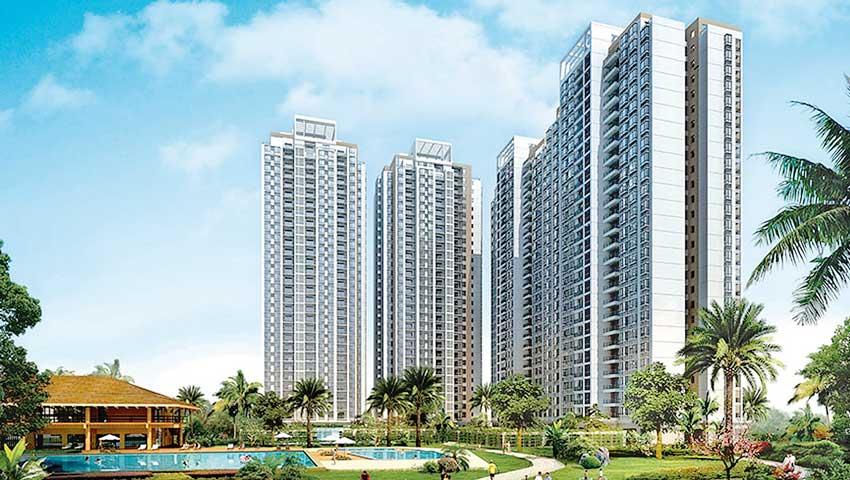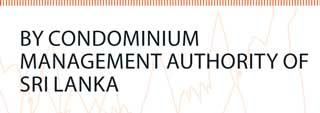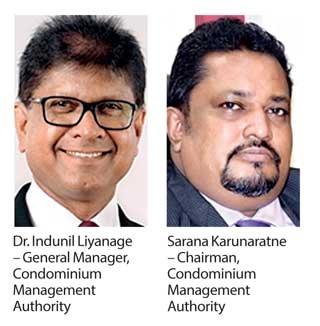Reply To:
Name - Reply Comment

 What needs to be considered before thinking of living in a condominium housing unit?
What needs to be considered before thinking of living in a condominium housing unit?
(As you can only enjoy what is indicated in the condominium plan and not what is mentioned in the media, brochures and leaflets selling housing units.Therefore you should pay strict attention to the condominium plan)
What are the things to be checked regarding a condominium property proposed to be constructed?
What are the things to be checked when purchasing a semi-condominium property? 
Once the Condominium Property is constructed by the developer whatare the facts need to be checked before making the full payment as per the sales agreement prior to purchaser the unit/obtaining deeds?
What are the matters needed to be checked before repurchasing a condominium property from the original owner of the unit?
What are problems that could arise in a condominium property?
1.Unit owners being unable to obtain deeds due to the on-registration of the condominium plan with Condominium Management Authority.
2.The management corporation of the condominium property not being registered with the CMA.
3.Issues pertaining to the construction.
I.The land on which the condominium building is located has no dispute.
II.Not meeting proper construction standards as a result of using substandard raw materials. (Eg: water leakages, cracks in walls / floor tiles)
III.Not complying with the sales agreement entered into between the developer and the buyer
IV.There being shortcomings in common amenities and common elements though they are duly indicated in the condominium plan by the developer.
V.Lifts and firefighting equipment not being properly installed.
4.Internal and external water leakages in a condominium property.
5.Unauthorized structures in violation of the condominium plan.
6.Non-payment of monthly maintenance fee to the management corporation by the unit owners.
7.Irregularities of the officials of the management corporation
8.Problems pertaining to parking areas.
I. If a parking slot has been allotted to your condominium unit, check the slot number relevant thereto and whether it is cleaned.
II.If parking slots are not assigned to individual units, the parking area is deemed to be common and vehicles can be parked on the first come first served basis. Problems may arise if the number of parking slots is less than the number of housing units.
III.The vehicle being larger than the parking slot and haphazardly parked vehicles.
IV.Adequate number of vehicles cannot be parked in parking areas indicated in the condominium property.
V.Bicycles or other goods being left in parking areas.
VI.Vehicles have to be taken out when manholes are repaired or when the parking area is cleaned.
VII.The parking lot being used by children as a play area.
9.Problems pertaining to disposal of garbage.
10.Problems that arise in using common elements and common amenities.
1. All unit owners have the right to use common elements and common amenities in a condominium property. The areas outside the walls of the unit such as the corridor, staircase, rooftop, ground floor, parking areas are considered as common elements. Personal belongings of unit owners should not be kept in such places. Common amenities include the gymnasium, swimming pool, lifts, etc. All unit owners are entitled to use common elements and common amenities and disputes may arise among residents if any one attempts use them as private property.
11.Problems associated with the boundaries of the condominium property.
Even though an ordinary house has four boundaries, a condominium housing unit has six boundaries, i.e. the four directions and upper and lower boundaries.
12. As set forth in 6(d) of Section 2 of the 2nd schedule of the Apartment Ownership Act No. 45 of 1982, rearing pets in a condominium property is totally banned as it may pose health problems and safety issues to others and loud noises made by some pets may be disturbing to residents.
Paying due attention to the matters outlined above in respect of the Condominium housing units to be purchased by you or if you are living in a unit at the momentwill minimize any inconvenience and problems that you may encounter in future.